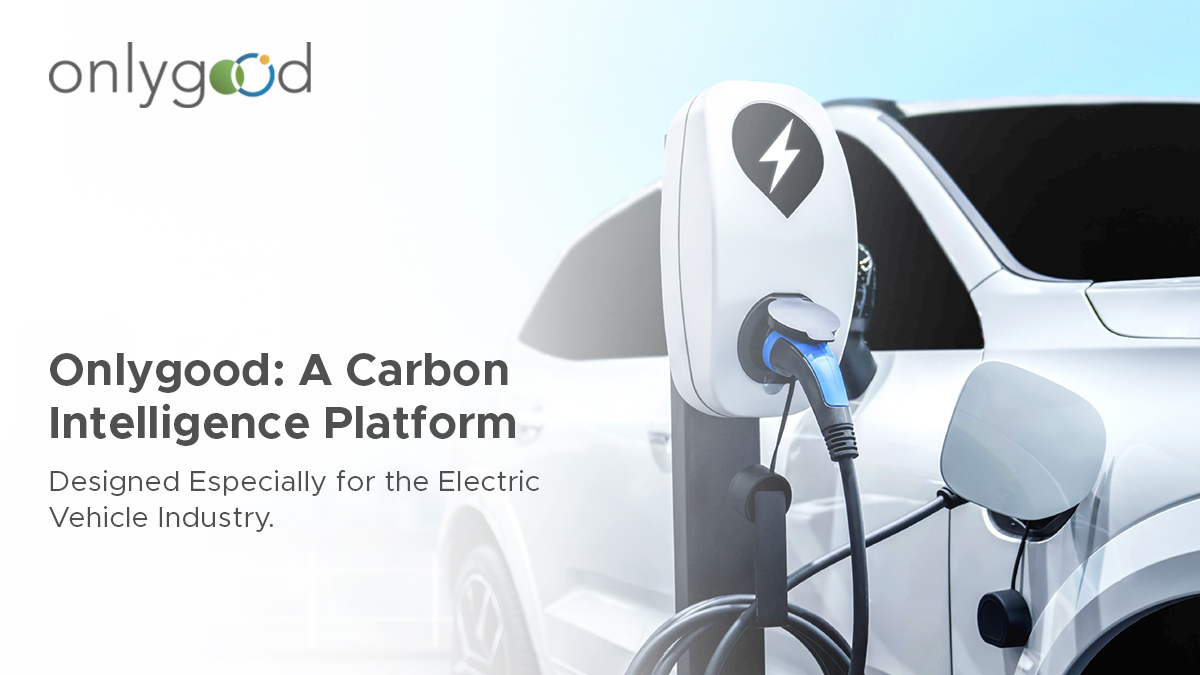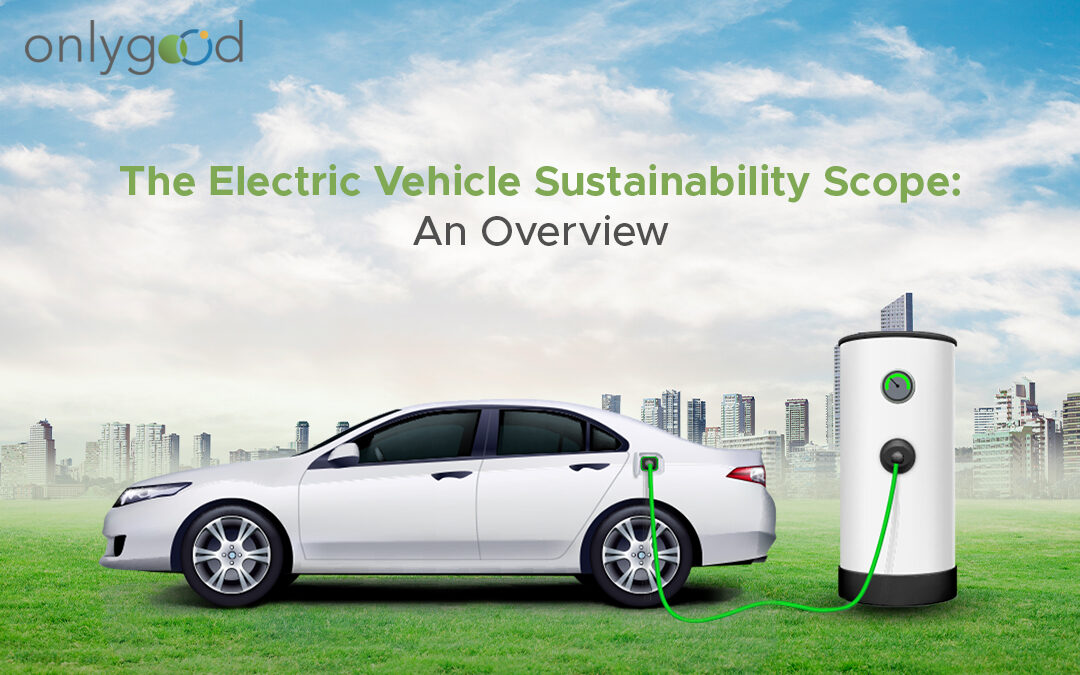Are Electric Vehicles Sustainable For Real?
Air pollution is the main concern we are facing nowadays that exploits our environment drastically. Pollution release from vehicles is the main hindrance to achieving sustainable development. Due to this, electric vehicles come into the limelight as EVs cause no carbon emissions and do not consume fossil fuels to run.
EVs are frequently viewed as one of the most reasonable types of transportation. Dissimilar to hybrid vehicles or internal combustion vehicles, EVs run exclusively on electric power – contingent upon how that electric power is delivered, EVs can be run 100 percent on reasonable, renewable resources.
To evaluate the actual sustainability of electric vehicles, we’ll focus on the benefits that make our future more sustainable by making it a good place to live in. Here are some benefits discussed below that we need to look at.
Zero Emissions
Electric Vehicles can produce zero tailpipe emissions meaning no carbon emissions while driving vehicles that will ultimately reduce air pollution. Vehicles that operate on petroleum derivatives contribute essentially to dangerous gas release in the climate, subsequently driving an electric vehicle can help add to a cleaner climate.

Improves community health
As we’ve mentioned earlier also, traditional vehicles release toxic gases that drastically affect our health also by respiration causing diseases like asthma or other breathing problems and polluting us internally causing improper functioning of organs. Introducing EVs into the market makes our air cleaner and fresh to breathe.
New Direction in Fuel Economy
Electric vehicles can lessen fuel costs emphatically as a result of the great proficiency of electric-drive parts. Electric vehicles run on sustainable power, while ordinary cars operate on the burning of petroleum products, which diminishes the world’s non-renewable energy source stocks. So electric vehicles make us able to prevent extensive usage of those natural resources that take years to produce again. And we must sustain natural resources for future generations as well, so they can also get benefits from those resources. EVs have given us a new direction in fuel economy instead of depending just on resources like petroleum, coal and other non-renewable sources.
Fairly Low Energy Cost
Even though energy costs for electric vehicles are by and large lower than for comparative ordinary vehicles, costs can be altogether higher. It is shown in the research that it can cost half as much to drive electric vehicles as gasoline vehicles, which ultimately makes it cheaper for us to drive vehicles and is a cost-efficient way.

A Massive Scope
If we improve upon the production costs & battery infrastructure availability & viability then EVs create a massive scope for our automobile industry and people can afford EVs. It not only reduces air pollution but also helps in reducing massive sound pollution generated by vehicles.
New Industry Expansion Improves Employment
A report states that electric vehicle (EV) sales in India are expected to cross 9 million units by 2027 and the industry is seen creating more than 10 million direct and 50 million indirect jobs by 2030. This growth in employment by the EV industry not only sustains our environment but also contributes to reducing the major economic problem of unemployment. And these numbers of employment keep on increasing with industry expansion in various regions of India.
Carbon Accounting & Management

On top of all the advantages that we’ve discussed till now, carbon accounting and management are also considered significant advantages of electric vehicles. Carbon accounting evaluates how much GHGs delivered by vehicles to comprehend how much carbon they produce. It additionally makes a carbon-free environment for us by managing emissions gently with informed decision-production as the world competes to net zero carbon emissions.

